-
Take a valid Global Health Insurance Card (Ghic) with you
If you have an accident or become ill in an EU country your Ghic may mean you can receive state-provided medical healthcare at reduced cost, or even free. Remember though, that a Ghic is not a substitute for travel insurance
-
Don’t drink and ski
High altitudes and cold temperatures don’t mix well with alcohol. So your judgment, co-ordination and reaction time will be affected more severely than you think. Know your limits.
-
Wear a helmet
It might be a legal requirement to wear a helmet. It might be an insurance requirement too. But if you value your head and your brain cells, wear a helmet anyway.
-
Wear sun cream
When there’s snow everywhere it might not seem that you need sun cream. But the sun’s rays are stronger at higher altitude. Ski goggles or sunglasses that provide 100% UV protection are also recommended to reduce glare and protect you from the sun's rays reflecting on the bright white slopes.
-
Choose the right piste
Don’t attempt slopes beyond your level of ability. Piste classifications can vary in different ski resorts and countries so check beforehand.
-
Beware of avalanches
Check snow reports, weather forecasts and avalanche risk levels online and in resort at the lift stations.
-
Be prepared when you head off-piste
Take specialist rescue equipment in case of an avalanche. You’ll need an avalanche transceiver - a device that sends out radio beacons to help locate people and equipment buried under snow. A probe pole is essential too, to help you pinpoint the exact location of an avalanche victim and burial depth. Plus you’ll need an avalanche shovel and of course your mobile phone.
-
Know how your rescue equipment works
Remember you have to know how to use this specialist equipment too. It’s not the time to first start practicing when a colleague is trapped under several feet of snow.
Popular searches
Log into your account
Travel and Insurance
Posting
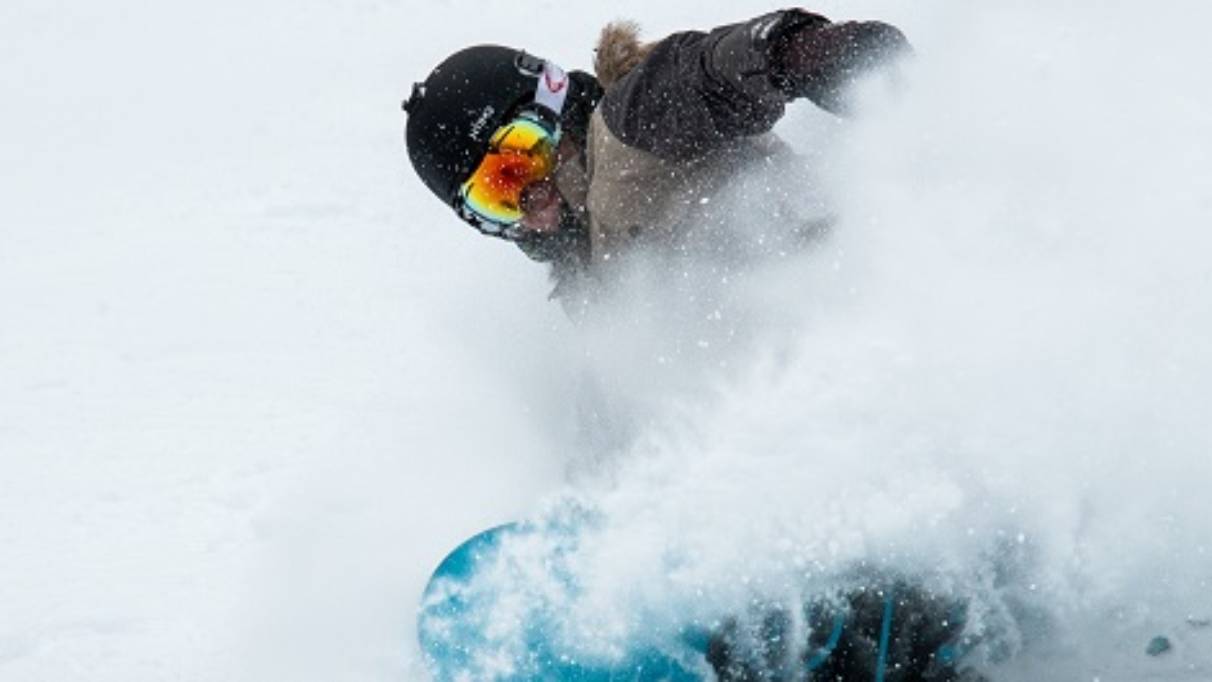
Interested in travel insurance?
Other travel products
-
Travel Money
Order foreign currency online or in selected branches. Pick up in any branch or get it delivered to your home.
-
Travel Money Card
One prepaid Mastercard™ that stores up to 22 currencies.
-
Passport Check & Send
Get your passport application right the first time. We can even complete and submit it for you digitally.
This might interest you
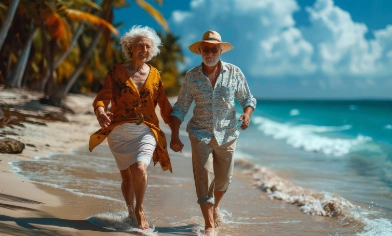
Travel insurance for seniors and travelling with grandchildren
Read our guide to travelling in later life. We explore what to look for in your travel insurance, plus taking trips with your grandchildren.

Schengen travel insurance for UK travellers
There are different rules for travelling to the Schengen Area from the UK since Brexit. If you’re visiting this part of Europe, find out if you need a Schengen visa and ...
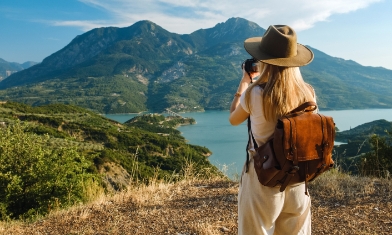
The Travel Safety Index for Solo Travellers
Travelling solo means freedom and independence, making new connections and never having to compromise.
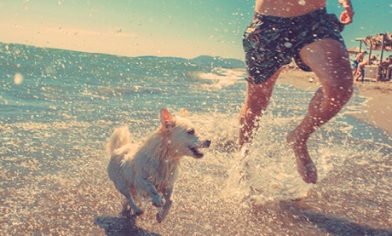
How to travel with your dog
Taking your best friend on holiday with you is everyone's ideal situation, but travelling with a dog can be a complicated process. Make sure you know how.
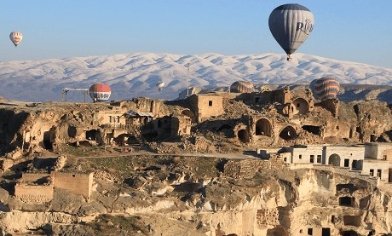
Travel insurance for Turkey
A trip to Turkey offers toasty beaches and tourist treats aplenty. No wonder it’s so popular with holidaymakers from the UK and elsewhere.
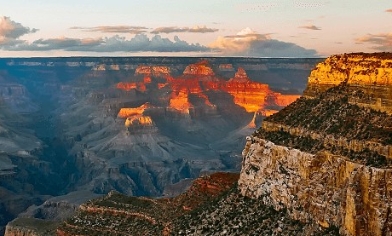
Travel insurance for USA
The famous cliché of America is that it's big. And it is. Across its six time zones are examples of virtually every type of geography on earth, from the baked deserts of ...
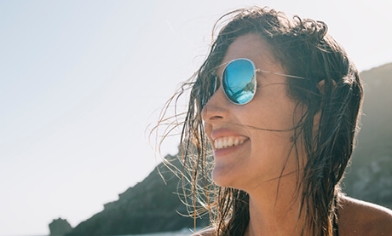
What is ABTA?
Over 60 million people travel from the UK most years for holidays or business. The vast majority enjoy smooth, trouble-free journeys. Sometimes, though, things go wrong.
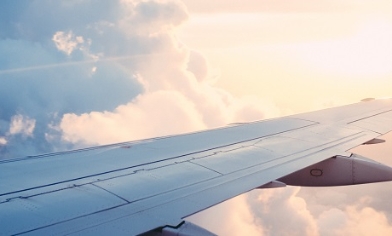
What is ATOL protected?
ATOL stands for Air Travel Organisers' Licensing, a scheme that helps make sure consumers are covered if travel firms fall into financial difficulties.

Vaccinations needed for Thailand
Some vaccinations for Thailand are recommended and some are mandatory in certain circumstances. It’s important to know which vaccinations or injections for Thailand you ...
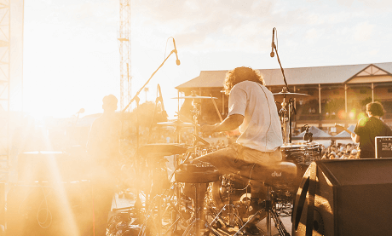
Top tips for going to festivals overseas
With festivals overseas becoming the new norm, festivalgoers need to do a bit more planning than for a UK festival.
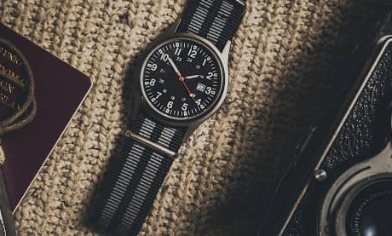
How to protect your travel documents
While it’s useful to take hard copies of travel documents away, you can minimise your worry and risk. Here are some handy tips on keeping your travel documents safe.
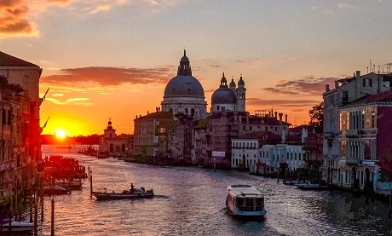
Travel insurance for Italy
Find out about the safety of travelling to Italy as well as the medical care available to Brits and how to get around.

Travel insurance for Japan
If you’re jetting off to Japan soon make sure you have good travel insurance to cover your trip. The right policy may offer more protection than the standard medical ...
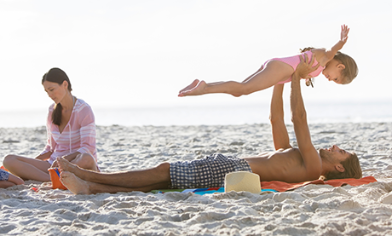
10 tips for keeping kids safe on holiday
We all know the feeling – getting to the airport, then a wave of panic comes over you. Did you remember your passport? What time's the flight? And where on earth did you ...
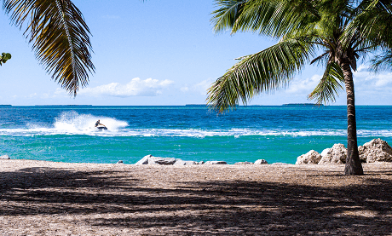
10 ways to look after your valuables at the beach
The whole idea of lounging around on the beach is to switch off and enjoy the sunshine. But the reality is that opportunistic thieves are on the lookout for unattended ...

Don’t let illness spoil your perfect holiday – book an online doctor
There’s nothing worse than falling ill while away from home. Along with the worry of the cost of visiting a doctor and getting treatment, being poorly can put a real ...
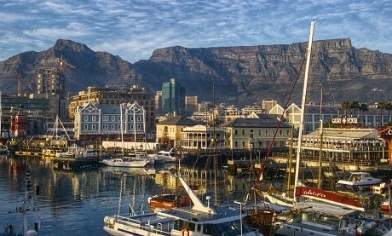
Travel insurance for South Africa
How safe is South Africa to visit and why is having travel insurance important when you go? Our guide looks at the potential travel risks and the cover you may want to ...

Travel insurance for Spain
Every year, millions of holidaymakers from the UK head to Spain for its combination of glistening beaches, unique culture and Mediterranean cuisine.
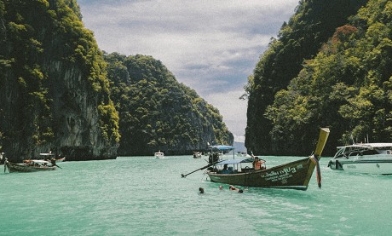
Travel insurance for Thailand
Thailand’s idyllic beaches, azure-blue sea, buzzing cities and exciting alternative scene are a draw for Brits. A trip can be a once-in-a-lifetime event.
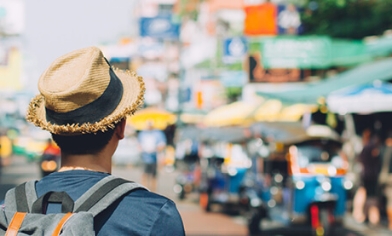
Great tips for people travelling alone
Whether you’re travelling solo because of business, you’re hoping to meet someone, or simply because you enjoy it, being by yourself can sometimes be a daunting prospect ...
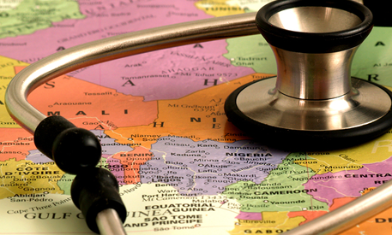
Do I need travel vaccinations?
There’s no better feeling than planning an amazing trip to an exotic destination. Make staying safe with travel vaccinations top of your to-do list.
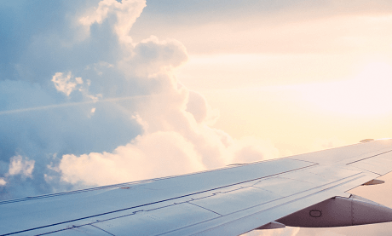
Don't make these holiday mistakes
Booking a last-minute holiday can get the blood pumping with the sudden thrill of adventure, but it also makes it easier to overlook things.

How to pack a suitcase
Whether you’re heading to the beach for a much-needed break or boarding a boat for a cruise somewhere breath-taking, it’s important to know what to pack in advance so ...
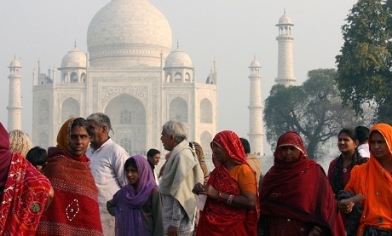
Travel insurance for India
For many UK holidaymakers, India is an intriguing and diverse culture with colourful traditions and engrossing history. For many others, it’s a home from home.

Travel insurance for Ireland
Do UK residents need travel insurance for Ireland? And what healthcare is available for Brits if they’re visiting the country?

Is Airbnb safe? Tips on staying safe
The arrival of Airbnb has helped to transform the travel industry in recent years. On any one night, over two million people stay in homes advertised through Airbnb in ...
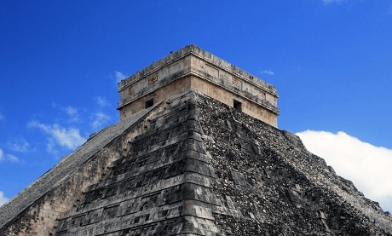
Travel insurance for Mexico
Find out about medical care available to Brits in Mexico, as well as travel risks, transport options and the importance of taking travel insurance.

Travel insurance for Morocco
Perched on the northern tip of Africa, Morocco’s long been a popular destination for UK holidaymakers. If you’re heading there soon, make sure you’ve got good travel ...
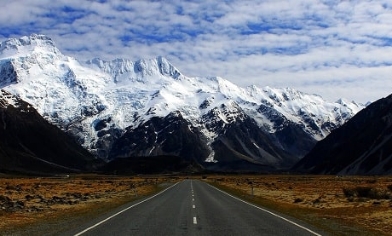
Travel insurance for New Zealand
Find out what medical care Brits can access in New Zealand and travel risks to be aware of like natural catastrophes, however rare.
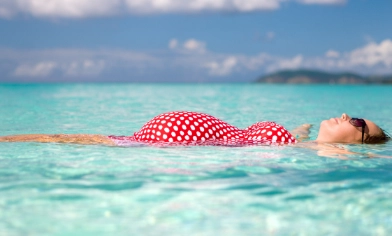
Travelling during your pregnancy
Before your little bundle of joy arrives, you may be considering taking a holiday. But is it safe? And what precautions should you consider before making a booking?
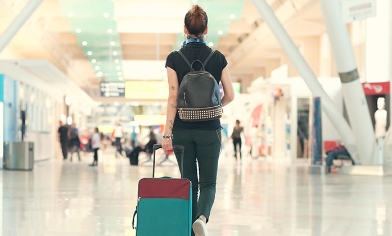
When to buy travel insurance
Do you need travel insurance for your trip? Is travel insurance worth it? And, if yes, when is the right time to buy cover?
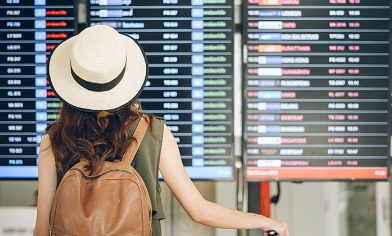
Safe travels: where can I go on holiday?
Travel’s a great way to unwind, see the world, open the mind and expand horizons. But rapidly changing situations around the world can soon impact such plans.
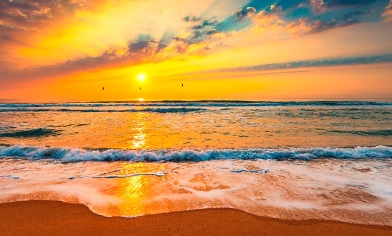
Find hot holiday destinations any time of year
If you're the type of sunchaser who looks forward to that sizzling summer break, can’t wait to escape to warmer climes in the UK’s winter months or can't be away from ...
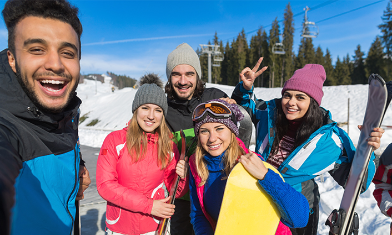
Post Office Travel Insurance Winter Sports Survey
With the winter sports season upon us, we conducted a Winter Sports Survey for the second year running. It found as many as four in 10 UK travellers (39%) planned to ...
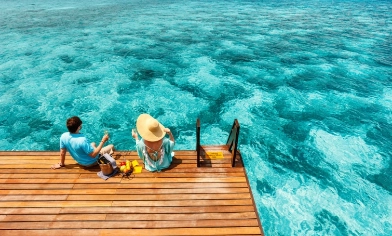
Winter sun holiday destinations to escape to
Looking to escape the chilly UK winter? Our Winter Sun Survey reveals the top sunny destinations UK travellers are choosing this season. And learn why travel insurance ...

Where is hot in December, January and February?
Looking for holiday destinations that promise warmer days in the UK’s colder winter months? We can help with that.
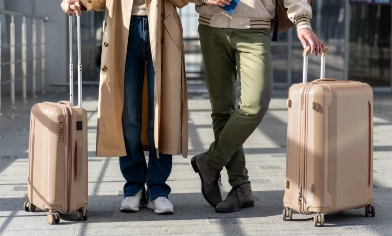
What can I take on a plane?
Ready to jet off on a much-needed break but confused about what you can take with you on the flight?

Travel insurance for Egypt
Make sure you’re travelling safely in Egypt with the latest advice and risks, and learn about getting around and local culture.
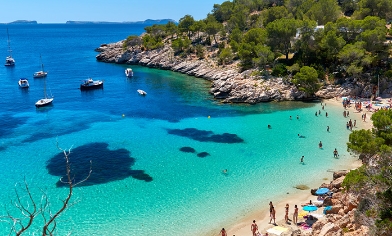
European and Global Health Insurance Cards
If you're travelling to an EU country from the UK, make sure you take a Global Health Insurance Card (Ghic) with you or existing European health Insurance Card (Ehic), ...
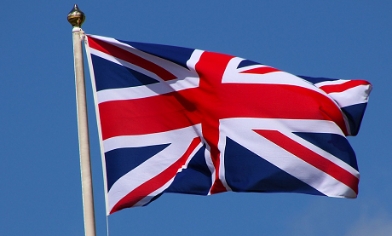
Everything you need to know about embassies
Learn the difference between embassies and consulates, and why you might need them when travelling.
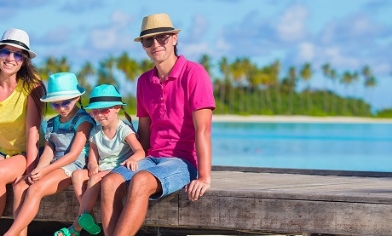
Family travel insurance
If you're travelling abroad as a family, it makes sense to take out insurance that covers you all. Especially if you have little ones.
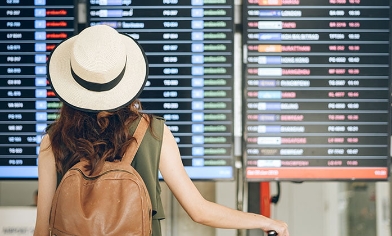
Flight delays and compensation
Most of the time, getting a flight is a hassle-free event. If you only take hand luggage, have your boarding pass saved to your phone and everything’s running to plan ...
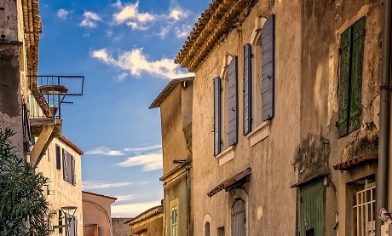
Travel insurance for France
It may be a short hop away, but a trip to France is not without its travel risks. Make sure you’re clued up on what they are and have travel insurance in place to help ...

Holiday packing and pre-travel checklist
So, you’ve booked your flights, accommodation and activities. What next?

Travelling while you work or vice versa
The opportunities to combine business and leisure have never been greater. You could be planning some ‘bleisure’ time, taking a ‘workation’ or diving into becoming a ...
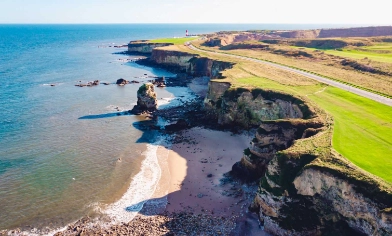
Do I need travel insurance for a UK break or staycation?
Travel insurance for a holiday in the UK isn't something you must have, but it might be something you want to have.
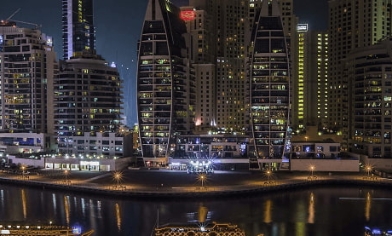
Travel insurance for Dubai
Planning on living the high life with a trip to the UAE’s iconic mega-city, Dubai? Make sure you’re aware of the local culture, travel risks and have travel insurance to ...
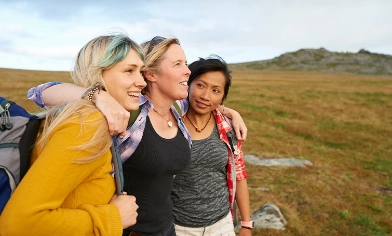
Getting travel insurance for an adventure holiday
Adventure holidays come in all shapes and sizes. They can be full of action or just include a few activities, depending on the type of getaway you’re going for.
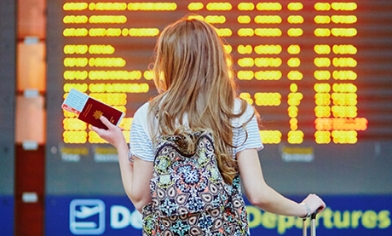
What to do if your airline or holiday company goes bust
Finding out that your airline or holiday company has gone bust is a shock – especially if you’re on holiday at the time. But there are plenty of laws and regulations in ...
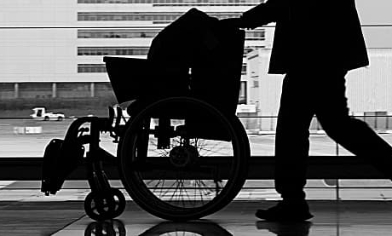
How to get assisted travel at airports
Lots of people who need assisted travel at airports are missing out simply because they don’t know how to go about asking for it.

Travel insurance for Australia
Heading down under for a trip to or around Australia? Make sure you’ve got the right level of travel insurance cover for where you’ll be going and what you’ll be doing.
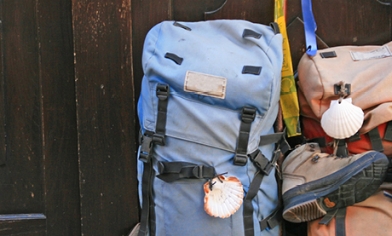
A complete list of backpacking essential items
Going backpacking is one of life’s great adventures. But before you set off you’ll need some packing tips so you're not weighed down on the way.
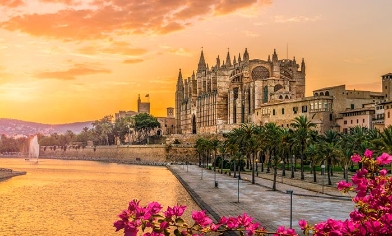
Travel insurance for the Balearic Islands
It’s one of the most popular holiday hotspots for UK holidaymakers. But what can you expect from a trip to the Balearics?
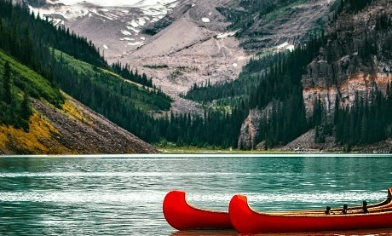
Travel insurance for Canada
Canada is a vast country of diverse delights – everything from bustling cities to snow-capped mountains, deep forests and crystal clear lakes. If you're thinking of ...
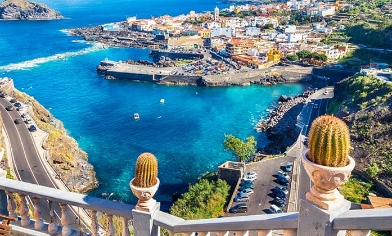
Travel insurance for the Canary Islands
People flock to the Canary Islands from all over Europe. No wonder, with such appealing beaches, landscapes and temperatures to enjoy.

Gap year travel advice for solo travellers
Exploring the globe can be scary, but there’s so much to find at the edge of your comfort zone. We look at some of the top destinations to visit on your own – and share ...

How to get a free flight upgrade
There are several ways to get to the top of the class on your flight – whether that's business or even first.

Travel insurance for Greece
Greece and the Greek islands have long been a popular travel destination for us Brits. But are there any travel risks or other factors to keep in mind before and when ...
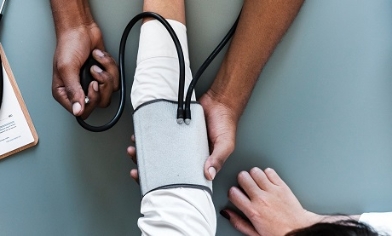
Travel insurance for people with high blood pressure
Travelling with high blood pressure is fine – but it’s important to make sure you’ve got the right cover in case something goes wrong abroad.
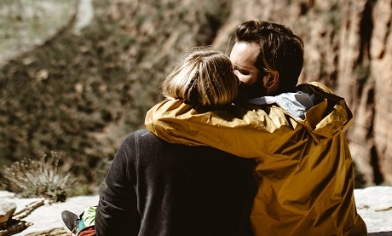
Travel insurance for cancer patients
If you're living with cancer but love to travel, can you get travel insurance for your trip?

Kids’ travel insurance
It's a proud feeling when children turn eighteen and start holidaying on their own. Although, perhaps it's tinged with a feeling of relief. But you can't help but worry ...

Compare our travel insurance
Travel insurance is essential for any trip. It can help protect you from things like flight cancellations, medical emergencies and lost luggage.
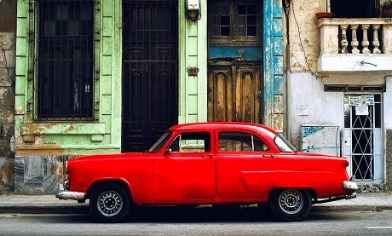
Travel insurance for Cuba
Today, Cuba is more accessible than it has been for many decades, and those who decide to holiday there can expect a mixture of colourful city life and luxurious ...
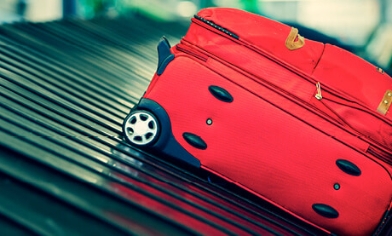
What you should do about delayed, lost or damaged luggage
The last thing you want to happen on holiday is standing the luggage carousel at the airport waiting for bags that don't appear. It's a huge inconvenience that can cost ...
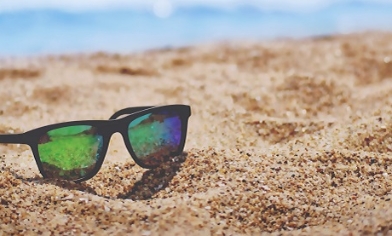
Travel insurance for diabetics
You should be able to get the right cover to travel abroad if you’re diabetic, making sure that your medical needs are taken care of.

Teen travel: holiday ideas for teenagers and tips for parents
Travel can help teenagers grow and discover new places. This guide shares the best trips for teens, advice for those travelling independently for the first time, plus ...

Where is hot in September, October and November?
Looking for holiday destinations that promise warmer days as UK temperatures start to fall? We can help with that.
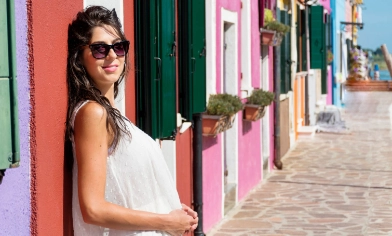
Where is hot in March, April and May?
Spring is a great time to leave the cooler UK and go somewhere sunny. And we can help with that.
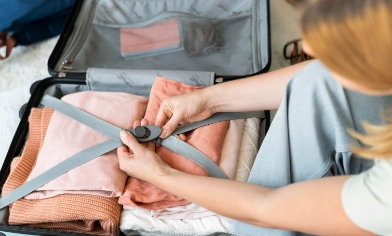
Travel hacks to help save money on your holiday
Satisfy your travel craving while making your holiday budget go further.
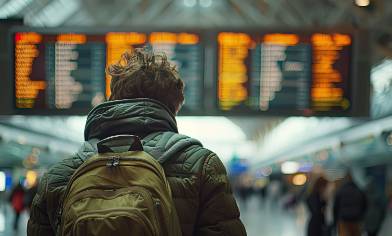
Travelling without insurance: Why you should never take the risk
If you’re thinking of heading abroad without insurance, think again. This guide explains why doing so can be risky, busts common myths about the need for insurance and ...

Travel tips for babies, toddlers and young kids
Travelling with kids? Before you get on the plane, read our quick and easy guide to help make sure your journey runs smoothly.